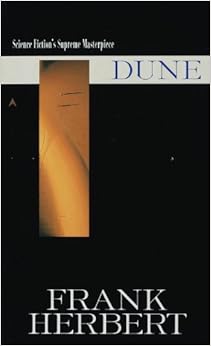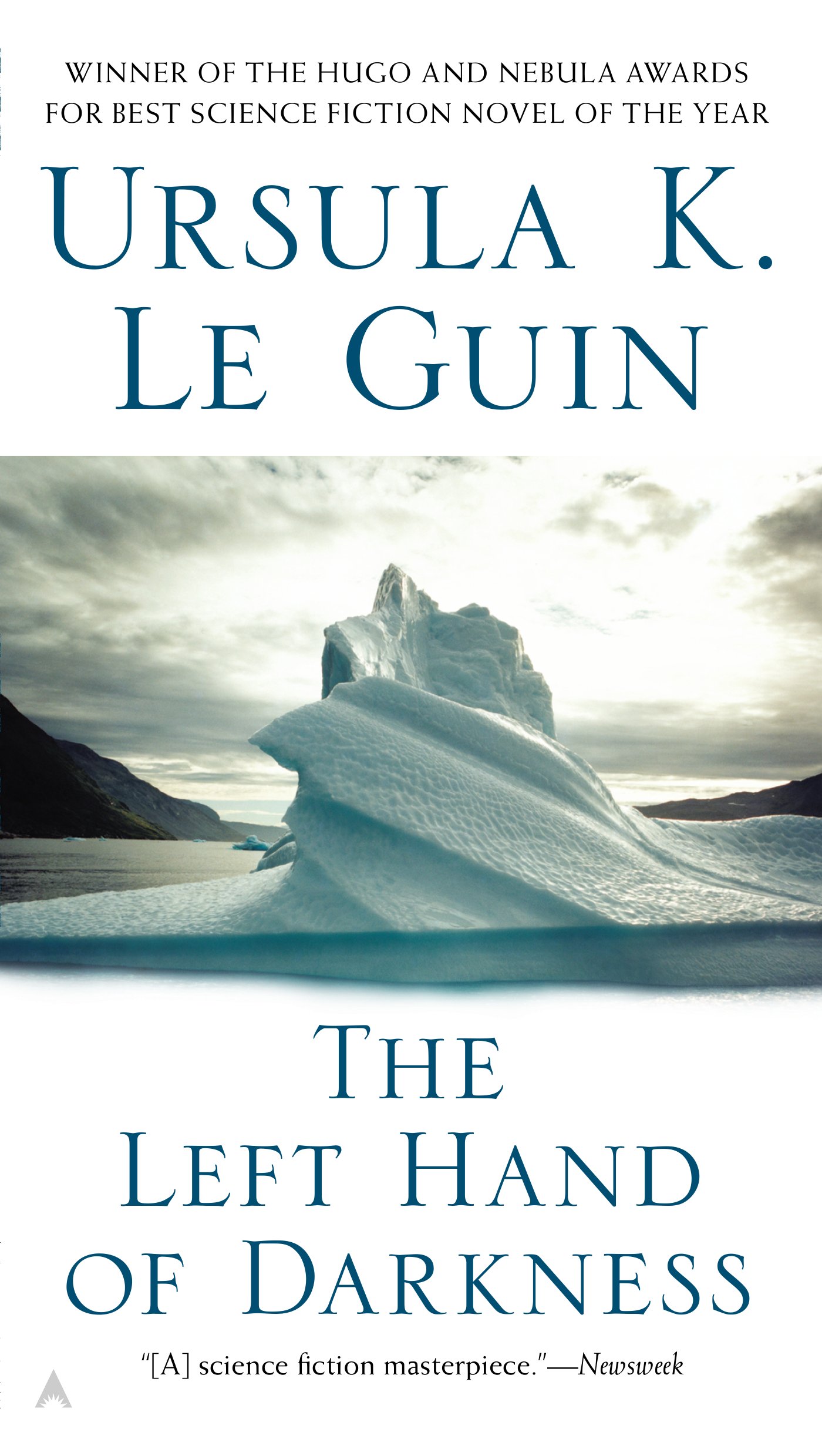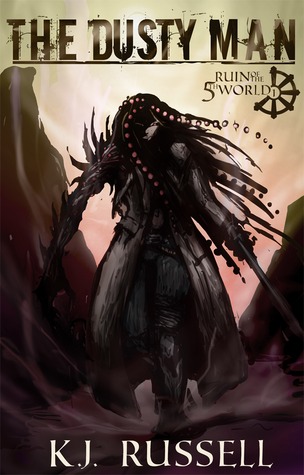I'm going to go ahead and let loose a couple of posts about current events and what I think about them. This one is about literature and genre fiction, with a minimum of mud flung at the sad puppies and the rabid puppies and the random wombats or whatever. I don't really have much to say about voting slates and politics in the industry. It all sounds pretty much like the kind of guild drama you get into when playing games online, but with obnoxiously high stakes. To be honest I'm not even watching the Hugos that closely. I don't think any of us get into the business because of awards or have our career plans built around who wins or doesn't win those awards. (with the possible exception of certain jerks trying to rig the rewards, ostensibly to make the point, but maybe also for personal profit. But I'm not talking about that)
The Hugos, the way I see them, are a representation of what an ever-fluctuating controlling minority of the SF community feel deserves recognition and increased visibility. So it's a money-and-popularity contest, maybe now more than other times, and you'll forgive me if I'm therefore giving it a sideways eye and a shrug. This doesn't mean the rabid puppies "win" at devaluing the Hugos or anything; nothing's changed there for me. The thing about literature is it's a centuries-long game that the rabid puppies lost before they frothed their first yip, well before the sad puppies ever wibbled. It's not up to the writers or the readers of now to decide what represents us, but the readers of the future when they look back on this time. It's the literature professors and students who, one hundred years from now, looking back on what we call contemporary fiction and writing essays about what it tells of the psyche of our cusp-of-the-millennial spiritus mundi, will decide what is an what is not literature.
Although, spoiler warning: everything we write is the body of literature produced by our generation. Just, by definition, that's what it is.
The Hugos decide who gets the recognition and the cash prize. Okay, but that's it. It's not going to change what is and is not literature, it's not going to change what any of us write, and it's not going to change how the future looks back on our words. That's not for any of us to decide.
 |
| This is literature. |
So here's what I really want to get at, because I find it kind of hilarious in the worst possible way, but also funny in this crooked kind of way that smooths out over a longer period of time. It's hilarious in the way that sometimes a good wine tastes awful on the first sip, and you choke and hiss and then the aftertaste hits and you realize that the rest of the bottle is going to be just fine. It's hilarious like that.
Literary writers look down on genre writing. They don't look down on genre writers, as a rule, but "The Academy" of scholarly, literary think-tanks does not look on commercial fiction as valid literature. It just does not count to them. This is something I deal with plenty because I'm one of those writers that sort of wants to be on both sides of this thing. So I've talked to lots of people on both "sides" of this, and most people kind of agree that the distinction can be arbitrary. Which I find weak because the distinction is powerfully arbitrary. 1984 is literature, and A Brave New World is literature, but Dune is not. Why?
Just because it's written to make money and not for the sake of its own art? Who are we to say why it was written, and why does it matter? Do we think that the author didn't consider it literature, and for some reason that means it can't or doesn't tell us anything at all about the society from which the story originated or the society that consumed it, and we can't learn something about ourselves by interrogating our own dialogue with the work?
 |
| This is not literature? |
If you want some fun, ask a hoity toity literature professor about Ursula K. Leguin's The Left Hand of Darkness and watch them do the whole literary-science-fiction dance. Then keep the dance going by insisting that either science fiction can be literature or it can not be. Criticize the number of the time they use the word "but" to add a qualifying clause to their praise of Leguin.
The flip-side of this is how the rabid puppies are all offended that science fiction is getting too literary. I understand that right now it's popular to complain about science fiction being less about exploration and the achievements of the future and more about "literary navel-gazing". It's a silly complaint, like saying science fiction is too pessimistic right now, but it's a complaint I understand. The problem for me starts when people draw this line -- and they're doing it from both sides now -- that science fiction isn't allowed to have literary implications, and literature isn't allowed to have genre elements. Literary writers don't want any elements of genre fiction in their journals or curricula, because for some reason that disqualifies all literary value in a story. And the rabid puppies don't want any literary elements in science fiction, because for some reason that disqualifies its... entertainment value?
 |
| This is [Redacted]! |
For the life of me I can't understand the issue there, because the complaint is utterly incomprehensible. Like everyone is required to write according to these formulas that were invented by rebellious thinkers before our time, or else we're doing it incorrectly and that's bad.
My favorite thing about this entire mess is the way the rabid puppies pointed out how popular the Marvel Cinematic Universe is, as though it's the perfect example of what science fiction is supposed to be. People want action and fun, say the high-voiced puppet dogs that represent the rabid puppies in my head, just look at how many are going to watch the Avengers fight an army of robots! Science fiction should be more like that!
 |
| This has no literary implications whatsoever no stop I mean it stop talking or you can't have a Hugo. |
I love the MCU so I'd be totally fine if more science fiction was like the MCU, but I wonder if the puppies have ever watched one of those movies? Because it doesn't take a genius to understand that Iron Man is literally the embodiment of America's military-industrial complex struggling with the fact that the repercussion of past-wars are forcing it to take an interventionist policy which is only causing more wars, leaving it riddled with guilt and helplessness even as it becomes more and more powerful. And it's not like Captain America isn't the manifest ideal that America has always wanted to be but could never achieve, serving as a constant reminder to both Iron Man, S.H.I.E.L.D. and the viewers of their failure as leaders on the world stage. And don't even get me started on Bruce Banner representing the drive of science allowing itself to be bullied into serving the military-industrial complex, the way Tony and Bruce are always hanging out together but Bruce is always slightly nervous about (if not completely terrified by) whatever they're working on.
 |
| Probably written by a self-important undergrad who thinks he knows what literature is and isn't. |
I mean, seriously. What movies are the rabid puppies even watching? Superhero movies are extremely literary and in the future academia is going to produce some exemplary literary theses about our society's addiction to the idea of the superhero, as well as our obsession with the utopia, the dystopia, and the legendary heroes of high fantasy.
Here's my conclusion: all the things that people are saying to try and force this great divide between genre fiction and literature are plainly absurd if you think about them for ten seconds, and it's getting more and more mind-boggling the longer it goes on. What I write for my readers and what I write for UH's creative writing department aren't that different. I tackle very similar themes across both, and I'm grateful the professors at UH are thoughtful enough to let me get away with the occasional monster in my literary work. If I'm saying the same thing in my genre fiction as I am in my non-genre fiction, then they're both literary. And I guess that upsets some people, but that's how it is, and no amount of arguing, complaining or barking is going to change it.
Everything about this blog post is "yes".
ReplyDeletewell said. Yes, you will write what you need to write. Authors do that. It does make my blood boil when folks get all fussy about artists being paid as if what they do is actual work - "don't you just do it because you love it?" "So what is your real job?" No, you do it because you have to, you have no choice but to write - and there is the rent to pay, so yes, of course you want to be paid. Writing is hard work. Your writing is literary with monsters and great evil things that make you shriek and bad words to anyone that finds that somehow less than awesome.
ReplyDelete